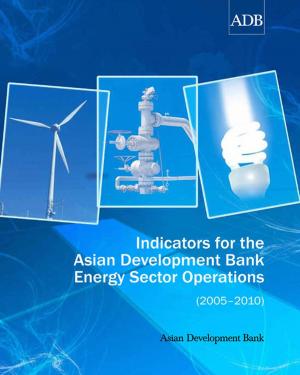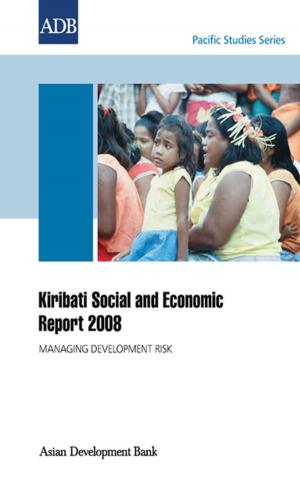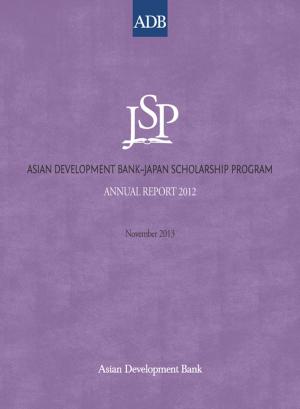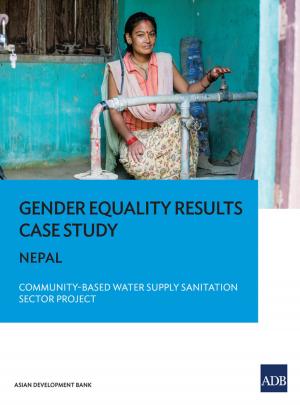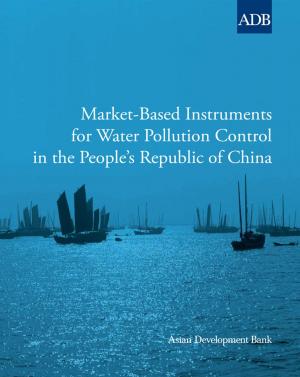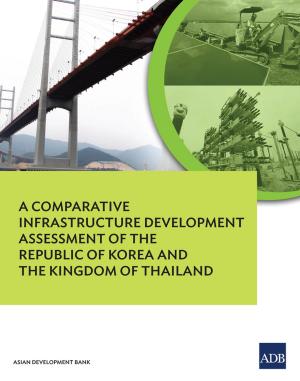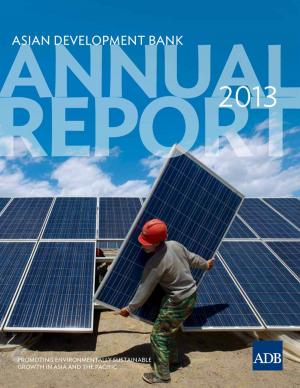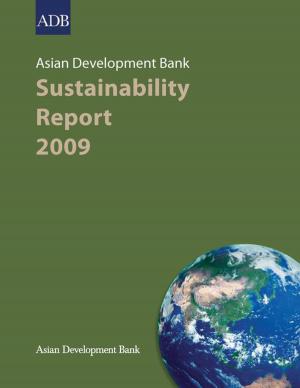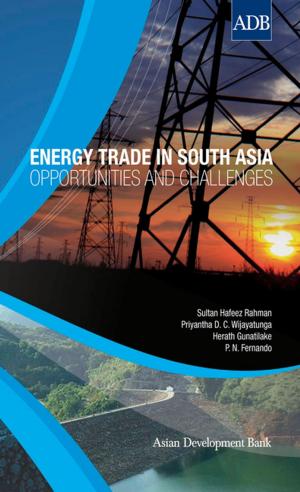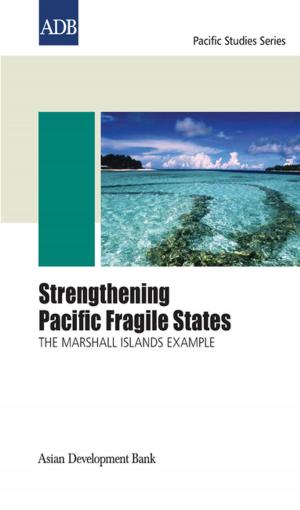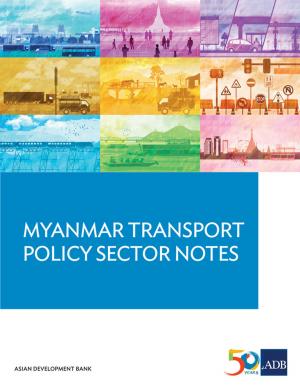Adapting to Climate Change
Strengthening the Climate Resilience of Water Sector Infrastructure in Khulna, Bangladesh
Nonfiction, Science & Nature, Technology, Engineering, Environmental, Science, Earth Sciences| Author: | Asian Development Bank | ISBN: | 9789290922728 |
| Publisher: | Asian Development Bank | Publication: | March 1, 2011 |
| Imprint: | Asian Development Bank | Language: | English |
| Author: | Asian Development Bank |
| ISBN: | 9789290922728 |
| Publisher: | Asian Development Bank |
| Publication: | March 1, 2011 |
| Imprint: | Asian Development Bank |
| Language: | English |
Climate change and the resulting rise in sea level would affect water sector infrastructure, such as surface water supply and urban drainage systems. The climate resilience of such infrastructure should then be made more climate-resilient to optimize its expected benefits. This publication provides a specific example of assessing the impacts of climate change on the water sector infrastructure in Khulna, Bangladesh, by developing the climate change and socioeconomic development scenarios for 2030 and 2050, and running mathematical models to obtain the level of salinity in river water---where the proposed intake for water supply is located---and the extent of waterlogging in the city. The study then identifies and makes a financial evaluation on adaptation options to cope with the impacts. While various uncertainties still remain, the proposed investments would be made more climate-resilient by incorporating adaptation options into the project design.
Climate change and the resulting rise in sea level would affect water sector infrastructure, such as surface water supply and urban drainage systems. The climate resilience of such infrastructure should then be made more climate-resilient to optimize its expected benefits. This publication provides a specific example of assessing the impacts of climate change on the water sector infrastructure in Khulna, Bangladesh, by developing the climate change and socioeconomic development scenarios for 2030 and 2050, and running mathematical models to obtain the level of salinity in river water---where the proposed intake for water supply is located---and the extent of waterlogging in the city. The study then identifies and makes a financial evaluation on adaptation options to cope with the impacts. While various uncertainties still remain, the proposed investments would be made more climate-resilient by incorporating adaptation options into the project design.


